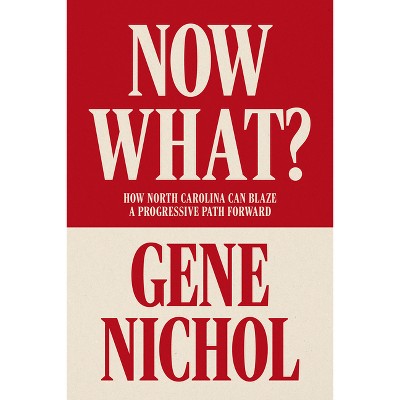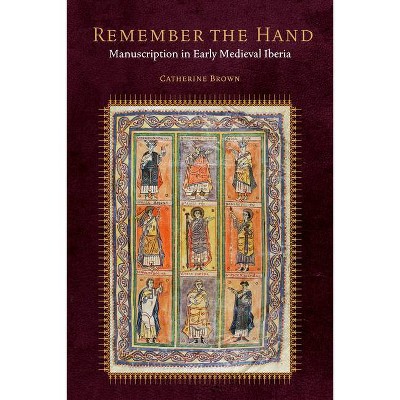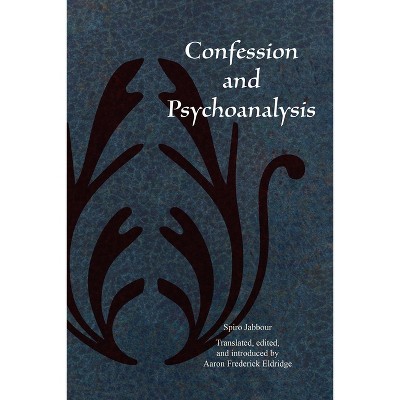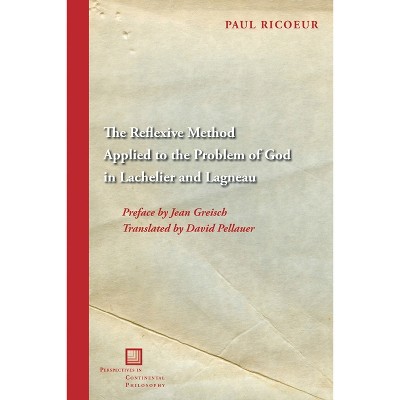Sponsored

The Genocide Paradox - by Anne O'Byrne (Paperback)
In Stock
Sponsored
About this item
Highlights
- We regard genocidal violence as worse than other sorts of violence--perhaps the worst there is.
- About the Author: Anne O'Byrne is Associate Professor of Philosophy at Stony Brook University.
- 256 Pages
- Philosophy, Political
Description
About the Book
Democracies abhor genocide and yet they perpetrate their own genocidal violence and then fail to acknowledge it. Drawing on the history of biological taxonomies, anthropological studies of kinship, and radical democratic theory, this work studies the root of the problem in the paradoxes of democratic inheritance and revolution, asking: What will it take to envision an anti-genocidal democracy?Book Synopsis
We regard genocidal violence as worse than other sorts of violence--perhaps the worst there is. But what does this say about what we value about the genos on which nations are said to be founded? This is an urgent question for democracies. We value the mode of being in time that anchors us in the past and in the future, that is, among those who have been and those who might yet be. If the genos is a group constituted by this generational time, the demos was invented as the anti-genos, with no criterion of inheritance and instead only occurring according to the interruption of revolutionary time. Insofar as the demos persists, we experience it as a sort of genos, for example, the democratic nation state. As a result, democracies are caught is a bind, disavowing genos-thinking while cherishing the temporal forms of genos-life; they abhor genocidal violence but perpetuate and disguise it. This is the genocide paradox.
O'Byrne traces the problem through our commitment to existential categories from Aristotle to the life taxonomies of Linneaus and Darwin, through anthropologies of kinship that tether us to the social world, the shortfalls of ethical theory, into the history of democratic theory and the defensive tactics used by real existing democracies when it came to defining genocide for the U.N. Genocide Convention. She argues that, although models of democracy all make room for contestation, they fail to grasp its generational structure or acknowledge the generational content of our lives. They cultivate ignorance of the contingency and precarity of the relations that create and sustain us. The danger of doing so is immense. It leaves us unprepared for confronting democracy's deficits and its struggle to entertain multiple temporalities. In addition, it leaves us unprepared for understanding the relation between demos and violence, and the ability of good enough citizens to tolerate the slow-burning destruction of marginalized peoples. What will it take to envision an anti-genocidal democracy?From the Back Cover
"The Genocide Paradox is perceptive and powerfully suggestive. Bringing together democratic politics, time, and genocide, it illuminates troubling historical events with philosophical insights about the human condition, specifically the struggle to reconcile ourselves to a world of becoming when dependence on the past and uncertainty about the future are experienced as existential threats. A humane, thoughtful, creative work."--Jennifer Culbert, Johns Hopkins University
"O'Byrne's scholarship is meticulous, and her vast and transdisciplinary engagement with this difficult topic is nothing less than astounding."--Peg Birmingham, DePaul University We regard genocidal violence as worse than other sorts of violence--perhaps the worst there is. But what does this say about what we value about the genos on which nations are said to be founded? This is an urgent question for democracies. If the genos is a group constituted by generational thinking, the demos was invented as the anti-genos, with no criterion of inheritance, occurring only in the interruption of revolutionary time. Democracies are caught is a bind, disavowing genos-thinking while cherishing the temporal forms of genos-life; they abhor genocidal violence but perpetuate and disguise it. This is the genocide paradox. O'Byrne traces the problem through our commitment to existential categories from Aristotle to the life taxonomies of Linneaus and Darwin, through anthropologies of kinship that tether us to the social world, the shortfalls of ethical theory, into the history of democratic theory and the defensive tactics used by real existing democracies in defining genocide for the U.N. Genocide Convention. She argues that, although models of democracy all make room for contestation, they fail to grasp its generational structure or acknowledge the generational content of our lives. They cultivate ignorance of the contingency and precarity of the relations that create and sustain us. The danger of doing so is immense. It leaves us unprepared for confronting democracy's deficits and its struggle to entertain multiple temporalities. In addition, it leaves us unprepared for understanding the relation between demos and violence, and the ability of good enough citizens to tolerate the slow-burning destruction of marginalized peoples. What will it take to envision an anti-genocidal democracy? Anne O'Byrne is Associate Professor of Philosophy at Stony Brook University, SUNY.Review Quotes
The Genocide Paradox is wide-ranging despite its brevity, written with verve and even urgency. It clarifies key assumptions smuggled into the genocide concept, and why they--and Lemkin's word itself--resonate more in today's atomized, marooned cultures than perhaps ever before.-- "H-Net Reviews"
The Genocide Paradox is perceptive and powerfully suggestive. Bringing together democratic politics, time, and genocide, it illuminates troubling historical events with philosophical insights about the human condition, specifically the struggle to reconcile ourselves to a world of becoming when dependence on the past and uncertainty about the future are experienced as existential threats. A humane, thoughtful, creative work.-- "Jennifer Culbert, Johns Hopkins University"
O'Byrne's book makes a significant contribution to our understanding of a number of urgent topics: democratic theory, genocide, the problem of violence, generational justice, and race and racism in relation to democracy. The book shows how each term contributes to an antigenocidal democracy that nevertheless carries the risk of falling into genocidal violence. O'Byrne's scholarship is meticulous, and her vast and transdisciplinary engagement with this difficult topic is nothing less than astounding.-- "Peg Birmingham, DePaul University"
About the Author
Anne O'Byrne is Associate Professor of Philosophy at Stony Brook University. She is the author of Natality and Finitude (Indiana, 2010), coeditor of Logics of Genocide (Routledge, 2020), and translator or cotranslator of four books by Jean-Luc Nancy.
















